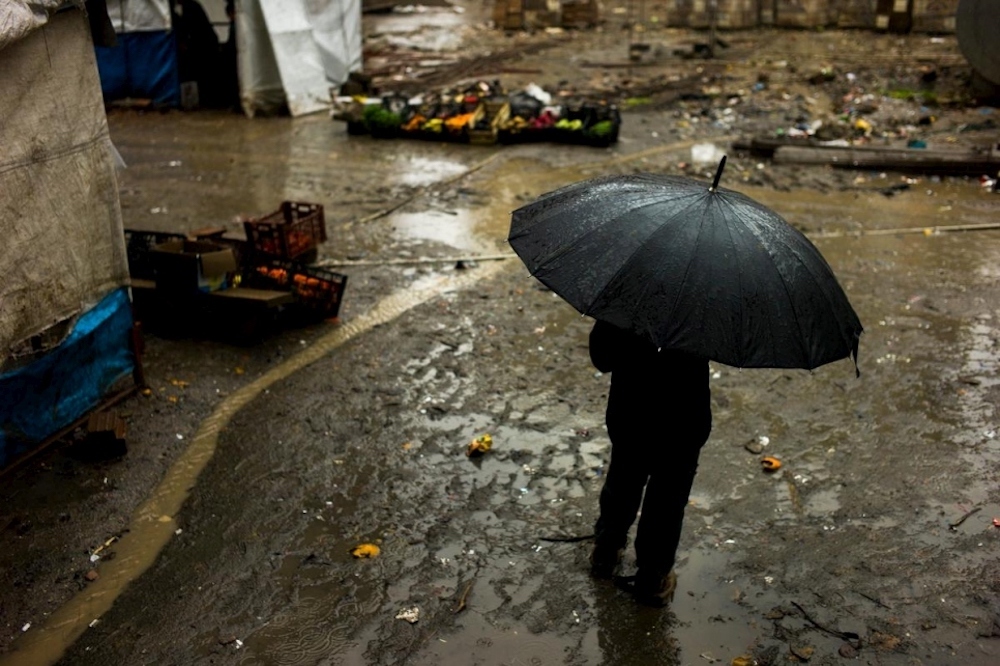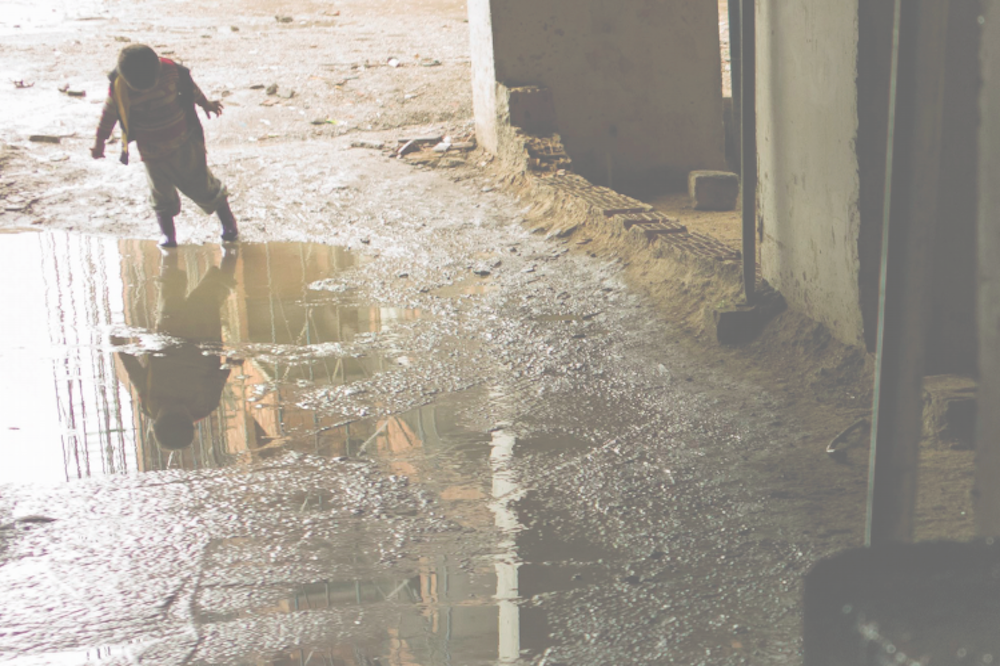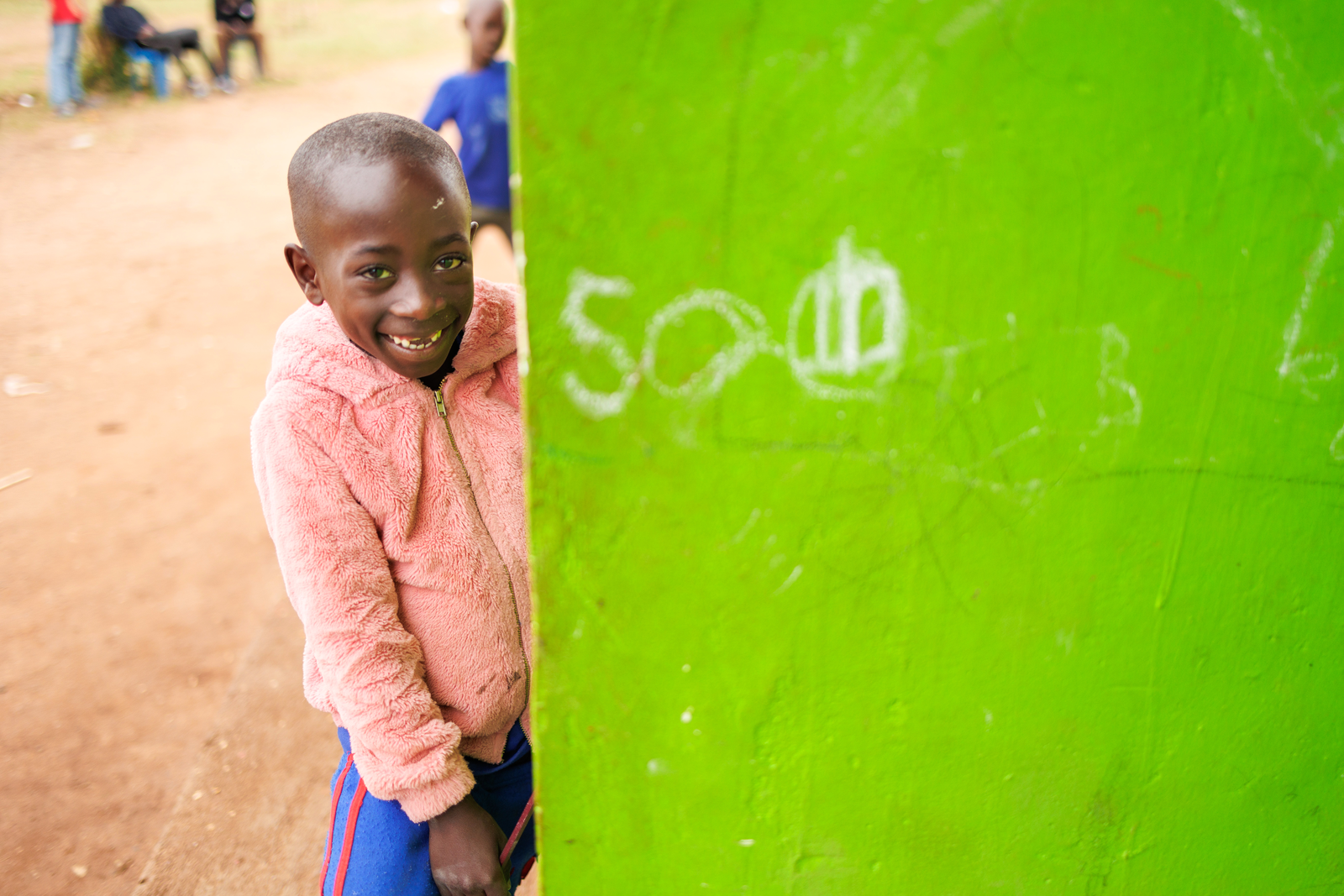
Syrian refugee boys suffer sexual violence at school and work, UN study shows

Child labour, Education in emergencies, Refugees and internally displaced people, Right to education, Teachers and learning

Teachers should be trained to spot abuse and schools should be made safe spaces, according to the report into sexual violence against Syrian boys and men.
Some Syrian refugee boys are being subjected to sexual violence at school, a United Nations study has revealed.
Others are being abused while working as child labourers to support their families.
Sexual violence against Syrian refugee girls and women has been well documented. But the report by the UN refugees agency UNHCR looked specifically at the cases of boys and men in Syria, Jordan, Lebanon and the Kurdistan Region of Iraq.
It said: “Sexual violence against boys was reported in schools, primarily by older boy perpetrators.
“Bullying and violence toward Syrian students has been documented across all settings, with UNICEF estimating that almost 1600 non-camp Syrian children dropped out of school in Jordan in 2016 due to bullying.”
Amal, a Syrian mother living in Jordan, said: “Sometimes my son doesn’t dare to go to the bathroom in the school because the older boys are there to abuse them.”
We keep quiet here. We keep it in our heart. Boy victim in the Kurdistan Region of Iraq
Another mother called Noura told UNHCR researchers: “My son couldn’t go back to the classroom, he ran home. He doesn’t dare go back to school now.”
Other Syrian women shared similar stories, saying they refused to send their sons to school for fear of violence and abuse. Many expressed helplessness and frustration at the situation because schools are not dealing with the issue.
An SGBV (sexual and gender-based violence) officer in Lebanon said: “What we see reoccurring is children playing out sexual acts – boys on younger boys.
“The school has difficulty responding as the school itself will take on role of investigation. They put a lid on things here that are super sensitive.”
Among UNHCR’s recommendations are training teachers to spot and address sexual abuse and other bullying, as well as ensuring schools are safe learning environments.
Jordan is host to more than 330,000 Syrian refugees under the age of 18. In Lebanon, there are more than 500,000 – 280,000 of them boys.

The taboo topic is rarely discussed meaning survivors are missing out on the help they need (UNHCR)
The study found four main types of abuse against boys and men:
- Conflict-related sexual violence in Syria including torture, often at detention centres
- Violence against LGBTi persons targeted in Syria by armed groups and in host countries by people like neighbours, landlords and authority figures
- Refugee boys suffering at the hands of older boys and men from their community as well as host communities
- Sexual exploitation while working, often at informal jobs
The vast majority of Syrian refugee child labourers are boys, because families fear their daughters will be sexually exploited. Instead of going to school, many boys work in the informal sector, where they themselves are open to exploitation.
The study said: “Refugees frequently complained that they were often only paid half of their wages. Sexual exploitation occurred when they requested their full compensation and bosses asked for a ‘special favour’ in return.”
UNHCR said the psychological, physical, social and economic impacts of sexual violence on refugee males are severe – for them, their families and their communities.
Apart from the horrific physical effects of rape and torture, the agency added: “Families of male survivors and those working with adult and child male survivors described feelings of extreme shame, guilt, hopelessness, anger and, for some, confusion of sexual and gender identities.”
A boy victim in the Kurdistan Region of Iraq said: “We keep quiet here. We keep it in our heart.”

Refugees and internally displaced people
More news

Take the test and discover how our Schools Hub helps students grasp the global education crisis
